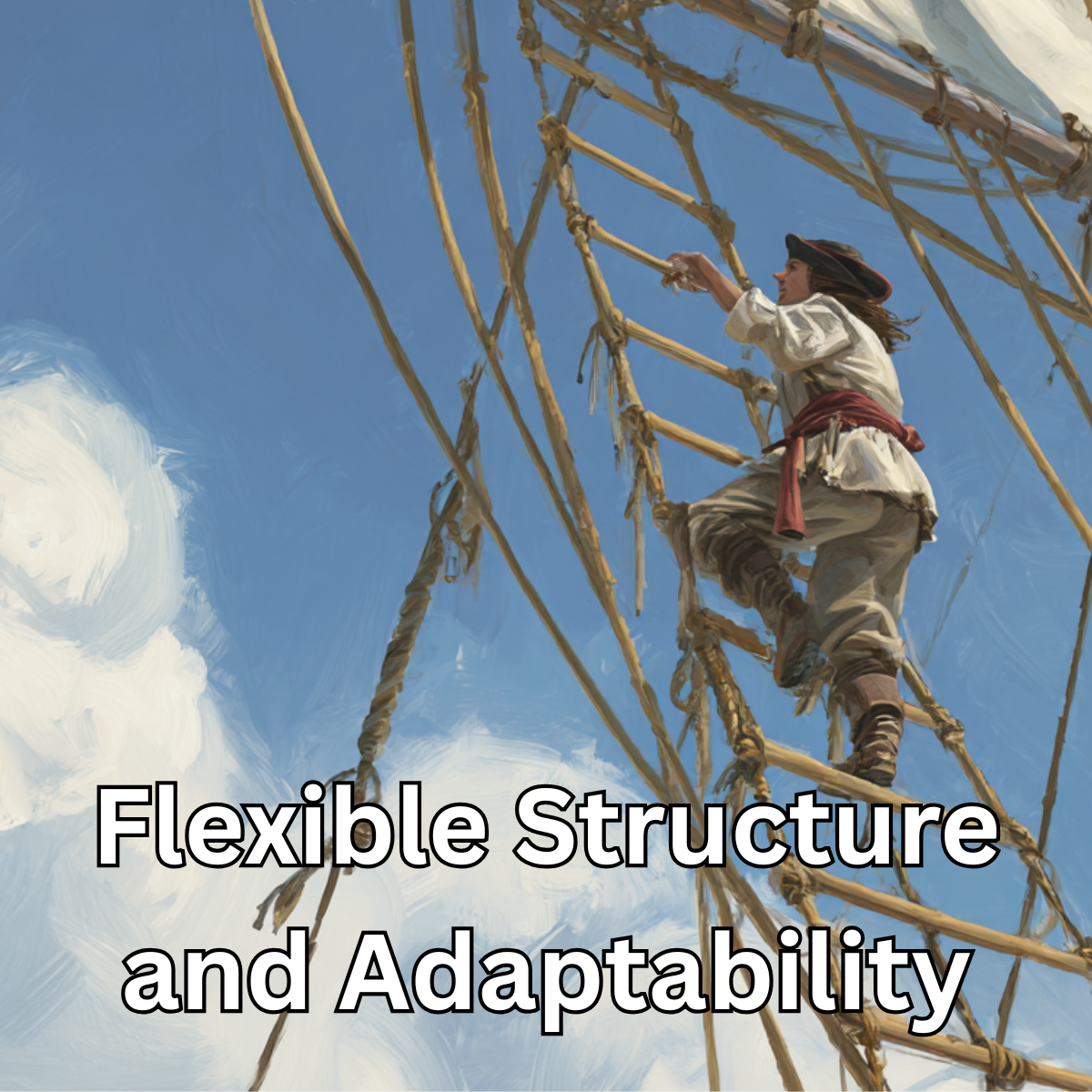
Emotions are completely a reaction to internal stimuli that your body is producing. This come come from many sources, your mind included. A given set of stimuli will produce an emotional reaction from you. Overtime you have allowed this to condition or train you to always reacting in the same manner and with a similar emotion. What we do not realize, and perhaps we better start, is that you can take complete control over these emotions and you can create your own and change the way you act to a given set of stimuli.
You are not helpless in this matter. Do not shrug your shoulder and say “that is just how I feel.” Do not just start at the ground, lie in bed, or bemoan your current state and try to pretend that is “just the way I am,” or make self diagnosing statements like, “I am depressed.” Most the time you have the power to change your emotion, it just takes a little effort at the outset. Here lies the problem, we condition ourselves to feel like the emotion is unavoidable, we cannot stop it, we just have to wait it out. If you have had a small toddler, you will know just how easy it is to manipulate those emotions.
Adults are no different than toddlers, in fact, I think they are worse. If a toddler is hungry, they experience a certain set of emotions and they react to them. This is usually irritability, but it can also be anger. If a toddler has to much going on, they get frustrated, or really tired. If they get jealous, they will shut down and isolate themselves. You can see the behavior and see the stimuli at work. Adults are exactly the same way, we just do not want to accept that it is this obvious, because we have conditioned our response. In addition, if you know that a toddler is experiencing an unpleasant emotion, such as fear or shame, it does not take a ton of effort to get them distracted from that with a new emotion. A parent is an expert at creating emotions in their child. See, most of us know how to change emotion, we are just reluctant to do this to ourselves for the same reason a toddler resists.
I knew a small child that had been repeatedly abused growing up, where the emotions of fear and distrust were very important defense mechanisms. In a normal child, these emotions would be easy to correct. You reassure them, coax them out of their corner and show them everything will be all right. However, with this child, she just would not allow this emotion to be swept aside. She had experienced far too many times where that emotion was validated by horrible things that occurred. This is an extreme example of what happens with adults. We get a set pattern, for whatever reason, and now we have a series of emotions that we think that we cannot control.
The point is that we can control emotion, and we can change them. We can sense when they are coming and we can take corrective action. Our natural, learned behavior will resist, but the more we train ourselves to create a new emotion in lieu of the old triggered emotion we will see marvelous things happen in our life. Dale Carnegie, used to say, “if you want to be enthusiastic, then act enthusiastic.” This is the point, if you want to feel happy for a while, then fake it until you get happy. Keep in mind that everything counts here, even your facial expressions, the way you dress, the environment around you, what clothes you are wearing, your posture and even the smile on your face.
Just like when you watch a horror movie that causes a flight or fight response in you, you can in much the same way influence and cause your own emotions to change. This is empowering. I would encourage you to start considering the various emotional states that you find yourself in. There are not that many human emotions, essentially 6 basic types. You can introduce complexity by coming up with names to identify when you mix two basic ones together. I think I read that there area about 27 common emotions when you mix things up, but for now focus on the basic 6. Think about this for a minute. Happiness, Sadness, Fear, Disgust, Anger, and Surprise. You can tell by your demeanor, facial expression, body language and the way your voice sounds what emotion that you are experiencing. Do you know when you are happy? Do you smile? How does your voice sound? What is your body language seem like? If you are not happy, could you just force the symptoms of happiness and create happiness? Smile, relax, and speak in positive way. Would that cause you to start feeling happy?
I think you have greater power of emotion than you realize. I think you can identify them, and manufacture the one you want when you need it. However, you are just not good at it right now. You have been conditioned. Perhaps you can break out of that and become in control of your emotions? After all that is what I would always tell my kids when they were toddlers, “get control of your emotions!!”
Guy Reams



